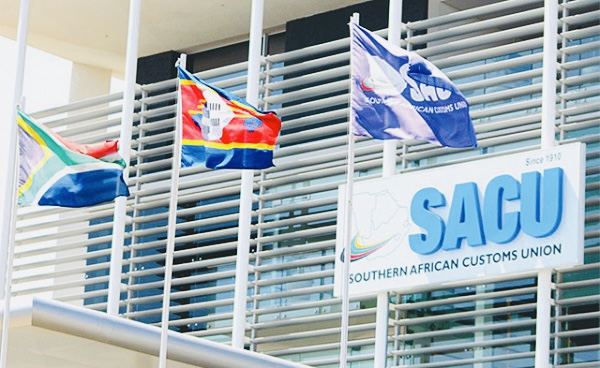MBABANE:The World Bank has noted the inefficiency of domestic revenue collection in eSwatini and, the existence of tax holiday policies undermining efforts to collect enough tax that could sustain the country and reduce reliance on the Southern African Customs Union(SACU).
A tax holiday is a Government incentive that temporarily reduces taxes for consumers or businesses,the objective being to encourage business and/or investment activities while fostering economic growth and development.
In a Public Finance Review Report released and officially launched by World Bank Eswatini Country Director Satu Kahkonen last week, the international financial institution said, domestic revenue mobilization can be optimized in the country to improve revenues but this, should be done in a manner that promotes competition and market contestability.
Market contestability is a measure of how easily new competitors can enter a market to enhance and promote economic activity and vibrancy.
But the World Bank, while encouraging effective revenue collection systems further noted that, tax rates are relatively high in eSwatini compared to other lower-middle-income countries and emphasized the importance of increasing revenue collection while on the other hand, maintaining competitiveness and economic activity.
“Domestic revenue mobilization can be optimized to improve revenues while enhancing competition and market contestability. Tax rates are relatively high in Eswatini compared to lower-middle-income and aspirational peers.Thus, increasing revenue while maintaining competitiveness will require a comprehensive effort to review and rationalize the country’s expansive array of tax holidays, tax expenditures, and procurement preferences,” reads the report in part.
The World Bank further urged eSwatini to strengthen investigations into tax evasion and further enforce compliance.
“In the short term,the focus could be on tax administration measures, including the capacity to investigate tax evasion and enforce compliance. While procedures for tax registration and payment have been streamlined, domestic revenues remain below their potential, and the tax gap was estimated at about 5 percent of GDP in 2022 fiscal year.Achieving 100 percent usage of electronic tax filing could increase reported taxable income by as much as 4 percent of GDP. Increasing the overall performance of tax administration efficiency from the 40th percentile to the 60th percentile could raise tax revenue by 1.4 percent of GDP,” reads the report in part.

SACU Headquarters(pic: AGOA).
